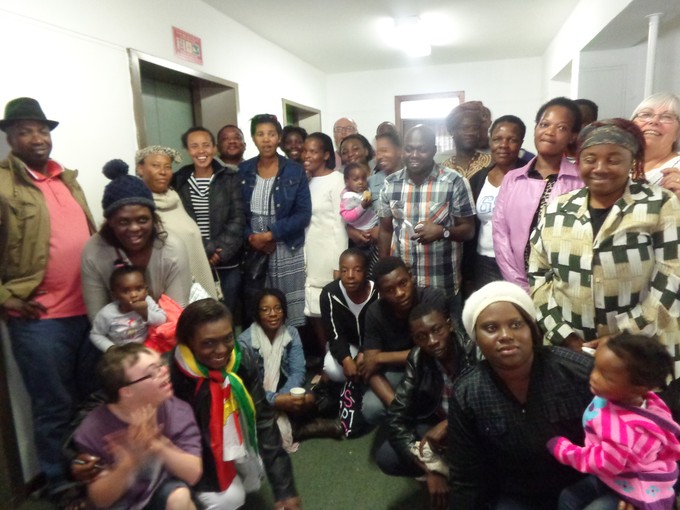Help for disabled children of immigrants
Passop revives support group
Immigrant rights organisation Passop (People Against Suffering Oppression and Poverty) has revived its Disabled Children Support Group, launched in 2012.
The group had stopped operating after the death of facilitator Eunice Kuneni in 2015. At the time the group included 18 South African children and 52 children of foreign nationals.
The new facilitator, Wilson Tarusarira, said there was a need for a special help for refugees and asylum seekers with with disabled children, who faced challenges in access to health, education, employment and documentation. Tarusarira is writing his master’s thesis in disability studies in the Health Sciences faculty at the University of Cape Town.
Zimbabwean Melody Kucherera, parent of a disabled child, said she battled with transport for her child to the Vista Nova school. Transport cost her R1,300 from a R3,000 salary, said Kucherera, who works as a domestic worker.
Tarusarira said if the association was able get funding from donors, this could be used to assist parents of disabled children to meet some of their challenges.
Jacques Munyantwani from Burundi said parents of disabled children needed support handling difficult situations.
“I actually love the noise from my child. But it is very difficult for other people to control your disabled child, ” he said.
The revival of the association would allow parents of disabled children to meet and talk, he said.
Gillian Moses, National Programmes Manager at Disabled People South Africa said DPSA could help with advice and contacts, and also link the group to a sister organisation which focused on children with disabilities. DPSA was willing to help anyone irrespective of nationality, she said.
Support independent journalism
Donate using Payfast

Next: Broken Home Affairs system leaves refugees stranded
Previous: Mitchells Plain’s safe place for vulnerable children
© 2016 GroundUp. 
This article is licensed under a Creative Commons Attribution-NoDerivatives 4.0 International License.
You may republish this article, so long as you credit the authors and GroundUp, and do not change the text. Please include a link back to the original article.

